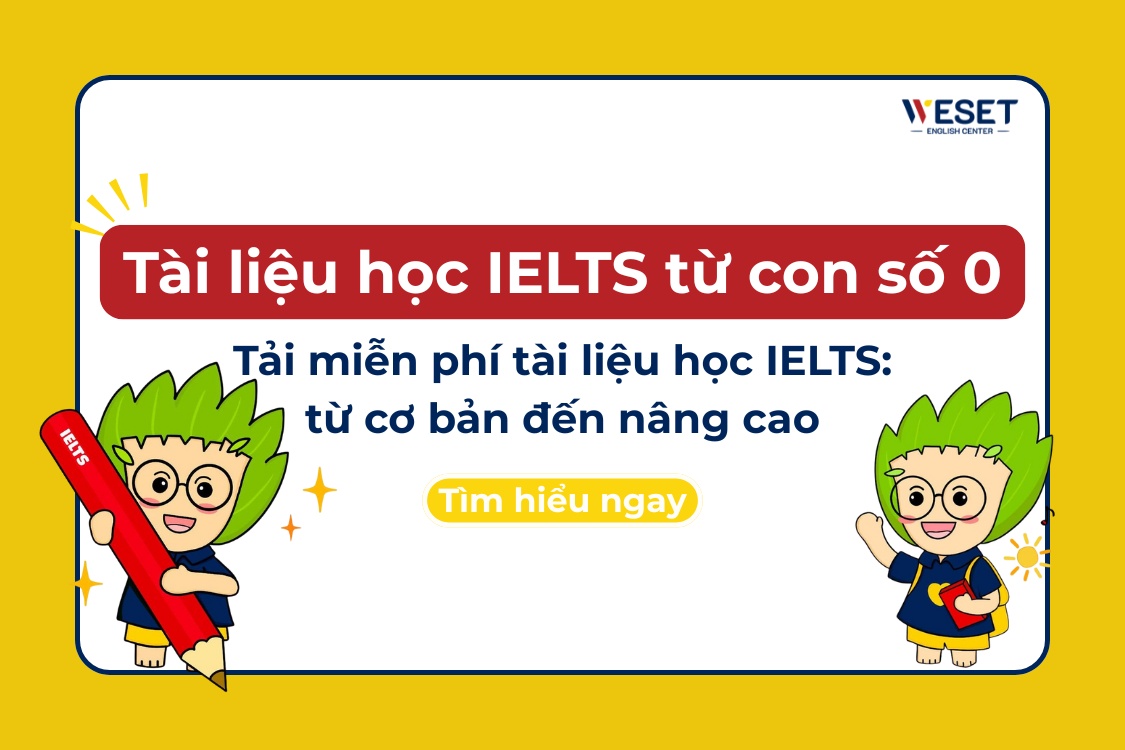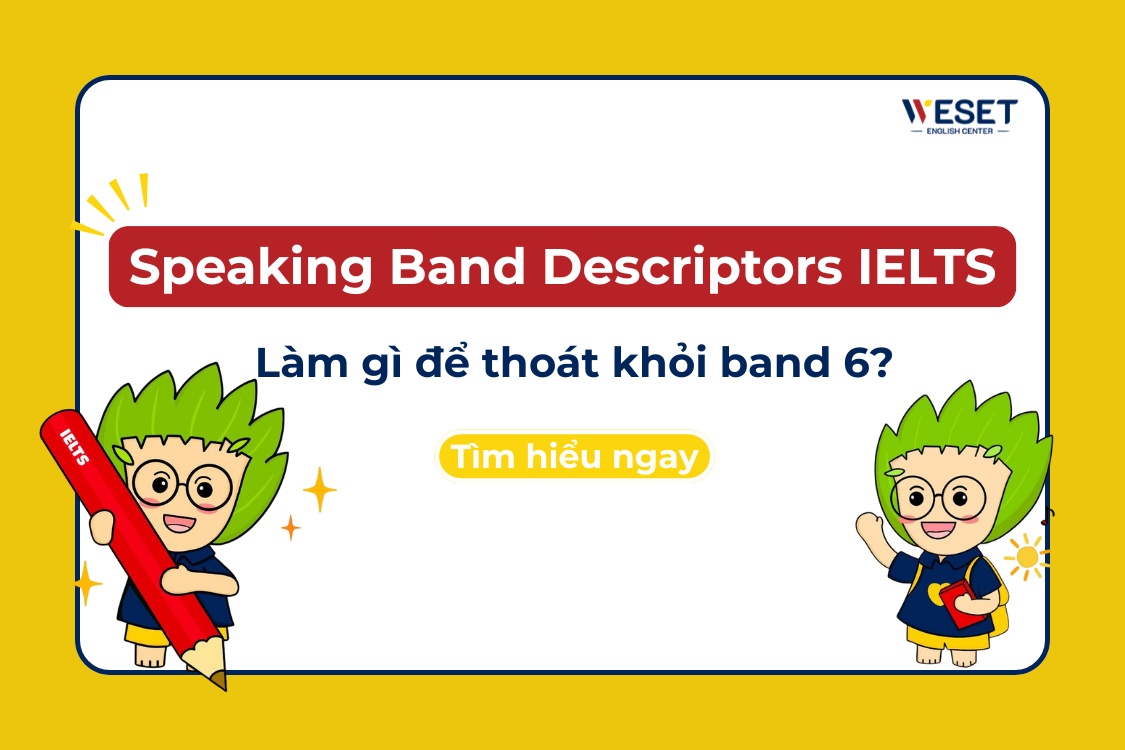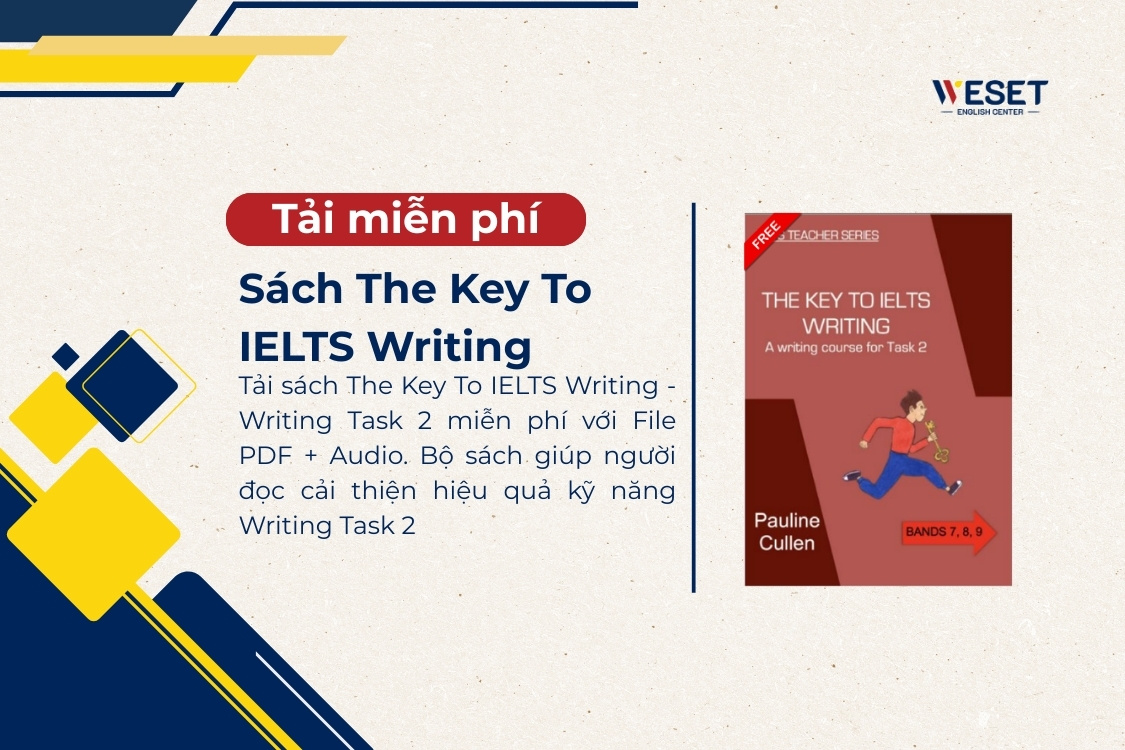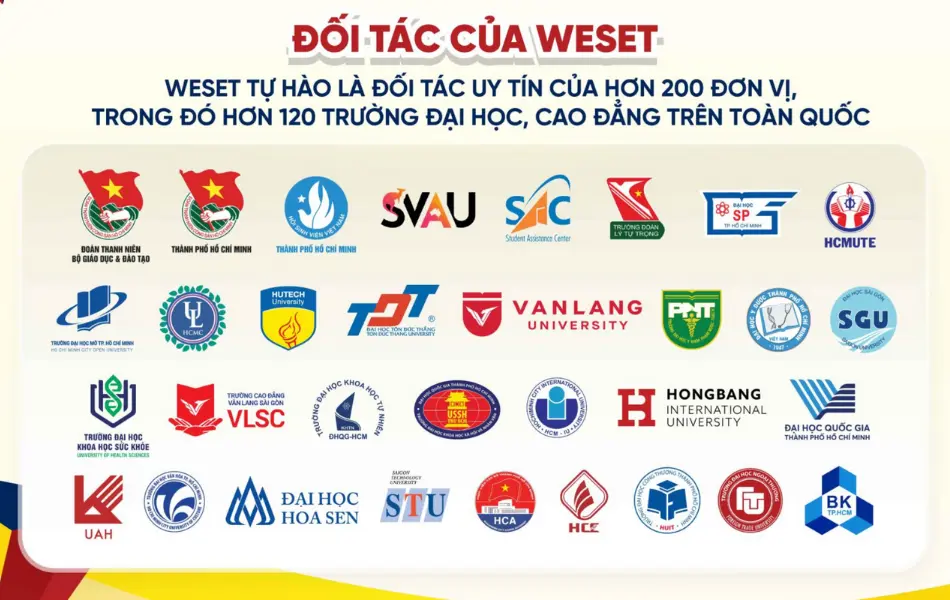IELTS Speaking: Describe an activity you usually do that wastes your time
- WESET
- Bài mẫu IELTS Sample Speaking, Bài thi IELTS mẫu, Blog, Blog IELTS
MỤC LỤC
24 giờ của bạn trôi qua như thế nào? Liệu bạn có đang tận dụng tối đa thời gian của mình? Hãy cùng luyện tập IELTS Speaking với đề thi thực tế về quản lý thời gian nhé!
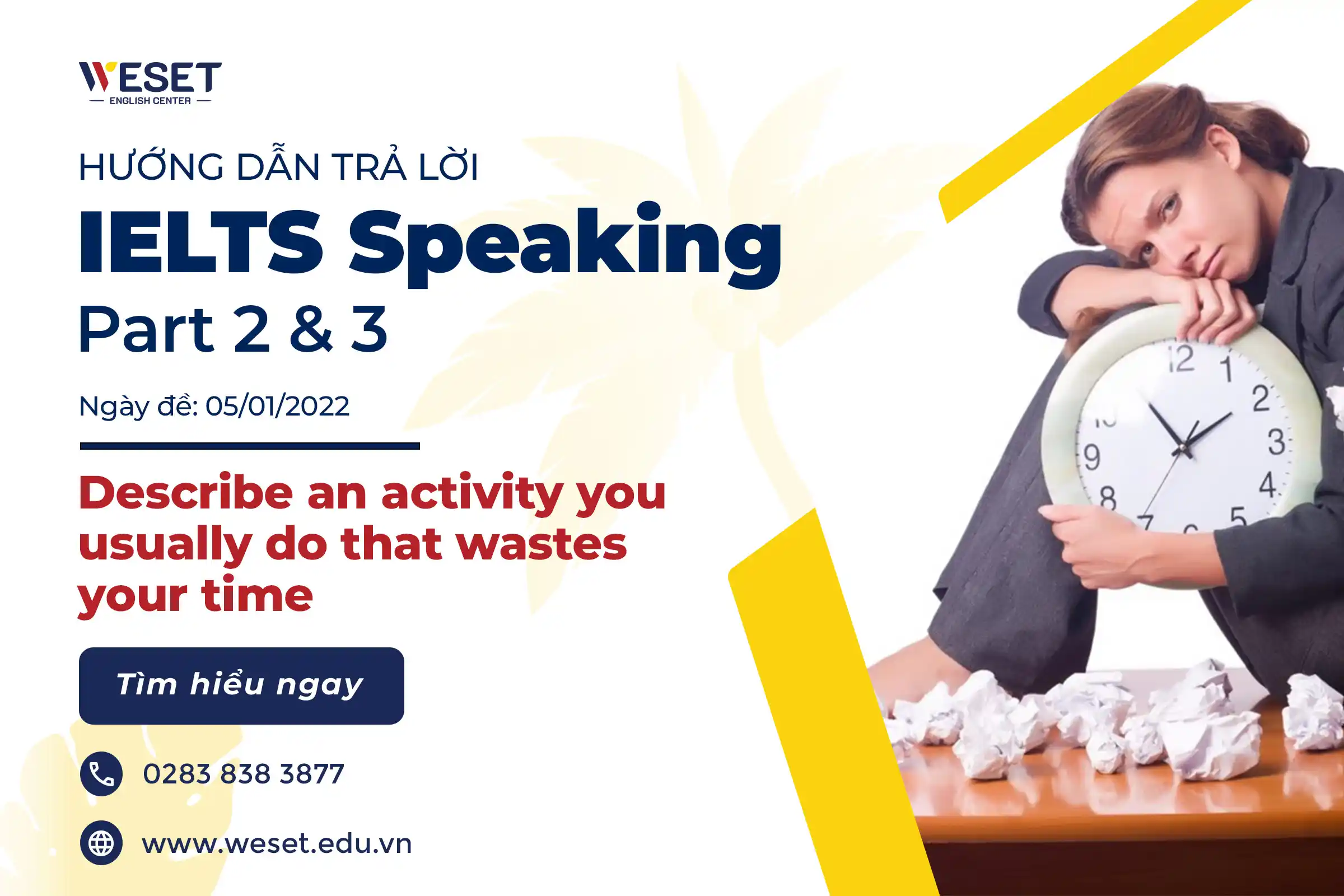
IELTS Speaking part 2 & 3: Mô tả một hoạt động gây tốn thời gian
IELTS Speaking part 2: Describe an activity you usually do that wastes your time
You should say
- What it is
- When you often do
- Why you think it’s a waste of time
- Will you continue to do it when you are aware it’s a waste of time?
Sample
One activity that I often do that I think is a waste of time is playing mobile games. I find myself playing games on my phone whenever I have some free time, whether I’m waiting for a friend, on the bus, or just taking a break at work. I’m particularly fond of puzzle games and strategy games, and I can easily spend hours playing them without even realizing it.
I think this is a waste of time for a few reasons. First of all, playing games on my phone doesn’t really accomplish anything meaningful or productive. It’s just a way to kill time, and it doesn’t really contribute anything to my life or my goals. Additionally, I find that playing games can be a bit of a mental escape for me – I get so caught up in the game that I tune out everything else around me.
Despite knowing that playing mobile games is a waste of time, I’m not sure if I’ll quit cold turkey. I’m a creature of habit, and I do find it entertaining and enjoyable at the moment. However, I have been trying to be more mindful of when and how often I play games, and to limit my gaming time so that it doesn’t interfere with other things that I need to do. After all, time is money, and I don’t want to waste either one on something that doesn’t bring me any real benefits.
IELTS Speaking part 3
1. Do you think young people or old people are better at managing time?
In my opinion, neither young people nor old people are inherently better at managing time. I think it really depends on the individual and their habits, priorities, and life circumstances.
That being said, I do think that older people might have an advantage in some ways when it comes to time management. For one thing, they have more life experience and have likely developed a better sense of what’s important and what’s not. They might have also developed more discipline and focus over time, which can help them stay on task and avoid distractions.
On the other hand, I think that young people often have more energy and enthusiasm, which can be an asset when it comes to managing time. They might be more willing to take risks and try new things, which can help them make the most of their time and explore different opportunities.
2. Why do young people waste more time?
I suppose I might have to disagree on this one. I mean it’s important to recognize that every individual, regardless of their age, has their own unique circumstances and habits that can influence how they spend their time. While some young people might struggle with time management, there are also many who are highly productive and efficient. Similarly, there are older people who might waste time just as much as some young people.
3. What kinds of activities do you consider a waste of time?
In my opinion, any activity that does not contribute to one’s personal or professional development can be considered a waste of time. This could include activities such as excessive social media use, mindlessly browsing the internet, or watching too much television.
While these activities can be enjoyable in moderation, they can quickly become time-consuming and distract us from more important pursuits. For example, spending hours scrolling through social media feeds might provide a temporary distraction, but it does not contribute to personal growth or learning new skills.
I also believe that activities that are solely focused on entertainment or leisure can sometimes be a waste of time if they are not balanced with other more productive or meaningful pursuits. It’s important to have a healthy balance of work, leisure, and personal growth in our lives to ensure that we are using our time effectively.
Vocabulary
Part 2
- A mental escape (collocation): Lối thoát tinh thần
- Get so caught up in sth: Bị cuốn vào
- Tune out (phrasal verb): Mặc kệ những thứ xung quanh (để tập trung vào cái khác)
- To quit cold turkey (idiom): Bỏ ngang (một thói quen/ nghiện)
- A creature of habit (idiom): Nô lệ của thói quen
Part 3
- That being said: Tuy vậy
- An asset (n): Tài nguyên quý (của cá nhân)
- Excessive social media use: Dùng mạng xã hội quá mức
- Important pursuits: Những mục đích theo đuổi quan trọng
- Personal growth: Sự phát triển cá nhân
Có thể bạn quan tâm
IELTS Speaking: Describe something that was broken in your home and then repaired
IELTS Speaking: Describe a time when you missed an appointment
IELTS Speaking: Describe a difficult decision you made and had a very good result



